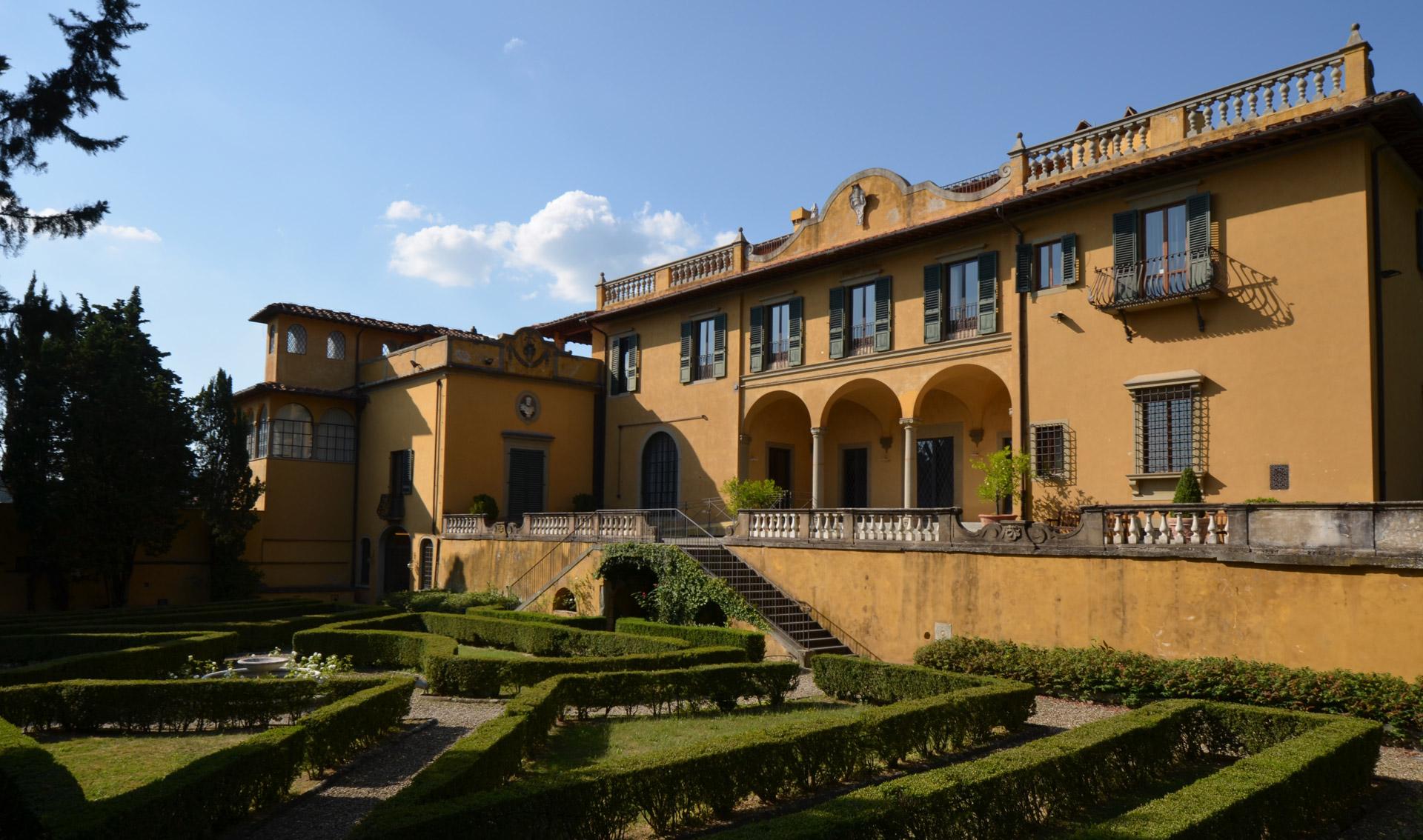Read more
Blog, Migration Governance
Mobility Partnerships – what impact do they have on legal migration and mobility?
Mobility Partnerships (MPs) have been promoted as a flagship tool of the EU’s Global Approach to Migration for five years now. They have been signed with Cape Verde, the Republicof Moldova, Georgiaand Armenia– all...
Since 1991, the Russian Federationhas gradually become one of the most important migration receiving countries in the world. Migration to Russiais mainly regional: ca. 1.5 million citizens of Commonwealth of Independent States (CIS) countries work officially in the country, and many more work as non-registered temporary migrants. Russia’s economy needs migration: its competitiveness and innovation ambitions depend on the input of high and mid skilled workers; its productivity depends also on the low-skilled workforce. In the context of an unprecedented demographic decline (according to Rosstat forecasts, employable population will decline at the pace of over 1 million a year in 2012-2017 and 0.5 million on average 2018-2025, see Iontsev and Ivakhnyuk 2012) and relatively high emigration rates, migration is the rational tool that could save Russia’s future. However, it is also the source of strong social tensions, not least because the crushing majority of migrant workers in Russia come from Central Asian countries and, thus, belong to visible minorities. Internal migration from Northern Caucasus to big cities such as Moscow, Saint-Petersburg, Yekaterinburg is also seen as problematic, due to the politicized security reasons as well as the Islamic faith of the newcomers.
The overall situation has not been helped by the fact that until now Russia has had a mixed record as regards the objectives and implementation methods of its international migration policy. During the 1990s it engaged in quite a successful migration policy, supporting massive people movements following the fall of the Soviet Union: refugees, IDPs and so-called “compatriots” (ethnic Russians). The problematic shift from an open, welcoming approach to more securitized one occurred when the institutional change – a move from a socially-oriented ministry to the security-oriented ministry – took place with the responsibility for migration put in the hands of the Federal Migration Service created in 2004 under the auspices of the ministry of interior. This shift also brought to the front Russia’s struggle to define its immigration policy linked to its developing labour market.
Apparently something is due to change now. On 13 June 2012, Russia’s President, Vladimir Putin, signed the new Concept of the National Migration Policy of the Russian Federation until 2025. The document, proposed by the Federal Migration Service, introduces several changes to the status quo:
– Migration has been finally defined as a positive force in the future of the country that can stimulate population growth and economic development.
– Integration is now a building block of Russian migration policy.
– Permanent migration will be now facilitated through new, simpler and cheaper procedures for entry, stay and employment.
– Social rights of migrants have been officially acknowledged, including issues like access to health care and medical insurance.
– Internal migration is now encouraged (this is important in the context of internal migrations from e.g.North Caucasus).
Interestingly, we find in the document some traces of the EU-Russia dialogue on migration issues, as e.g. proposals for externalisation of Russia policy bears a clear EU mark.
Will the new policy succeed? Well, the devil is always in the details – and here the details are twofold. Firstly, the idea needs to be translated into a consistent legal framework. No one really knows how much will be left from the concept in the binding rules. Moreover, it will all depend on its implementation. All this looks quite tricky.
First of all, the change of tone comes in a clear contradiction to the moods of the society: over 70% of the respondents of regular public opinion surveys of WCIOM see immigration as a problem. This attitude is, on one hand, a result of a decade of a messy policy and politics of the Russian government, which used immigration matters to political ends, often depicting migrants as internal enemies (e.g. Georgians in 2008 during the Georgian-Russian war or Tajiks in2011 inthe aftermath of the arrest of Russian pilots in Tajikistan). On the other hand, the anti-immigrant attitudes have been growing inRussiaalready in the 1990s, when stereotypes and negative views on native inhabitants of ex-Soviet republics were brought along by “compatriots” returning to the motherland.
Secondly, the relaxed attitude towards migration policy to date has been bringing a lucrative business to the officials and civil servants of various local institutions. As the work of Memorial shows, the migrants have been particularly vulnerable to the discretionary decision-making, starting from the border crossings to obtaining of a legal status. Wide spread corruption and regular disregard for the migrants’ rights has been a norm rather than an exception.
Considering the reality of the Russian system of power and its mixed record of implementing policy concepts, we should be very cautious to claim an immediate positive change.
Oleg Korneev, Jean Monnet Fellow to CARIM East
Agnieszka Weinar, Scientific Coordinator of CARIM East and MIGMEDCIS
The views expressed by the authors are not necessarily the views of the Migration Policy Centre.

